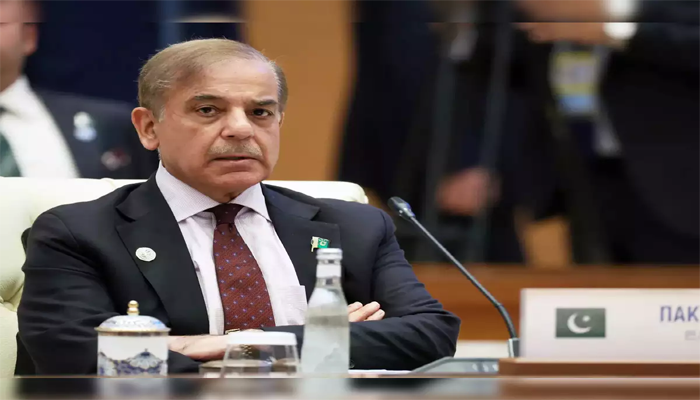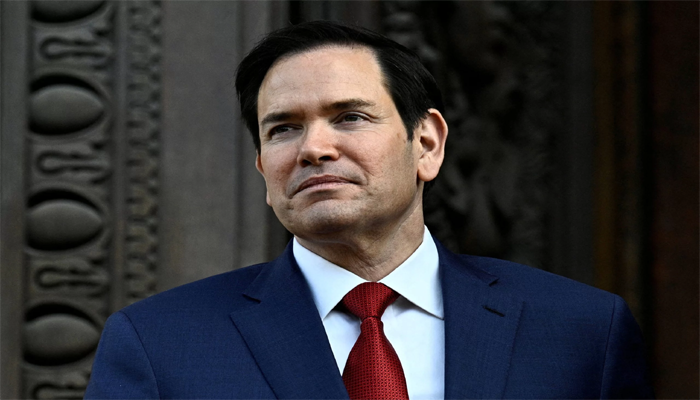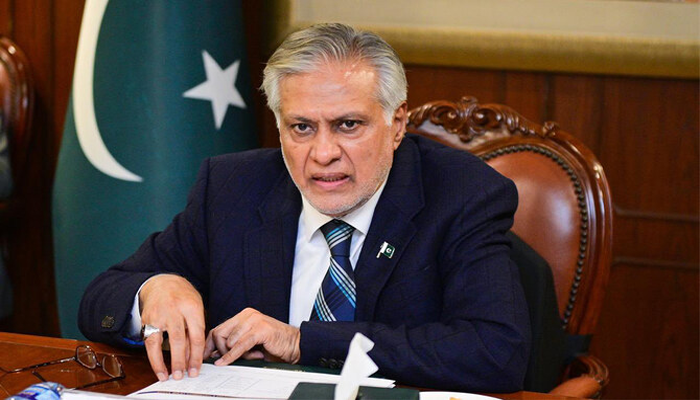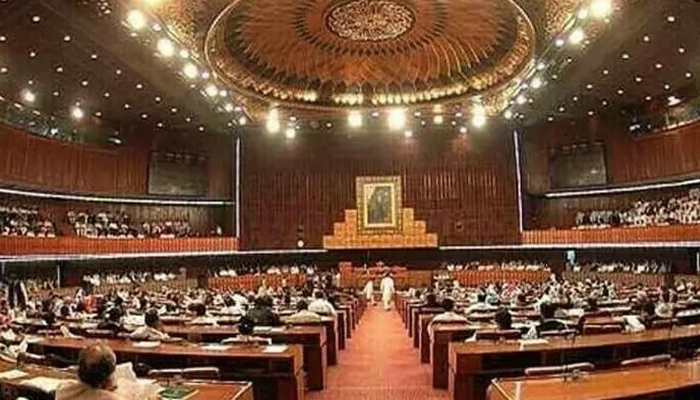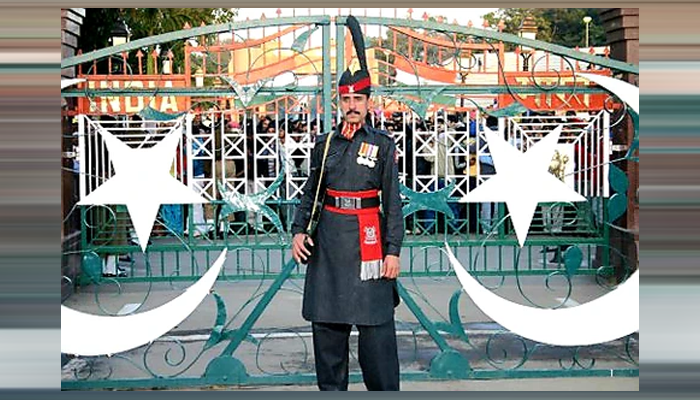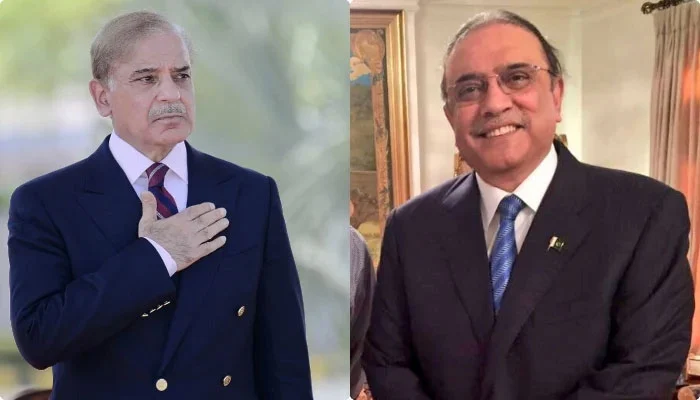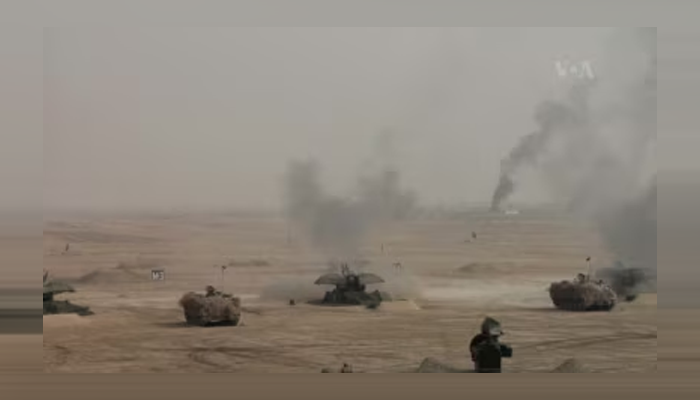KAKUL: Prime Minister Shehbaz Sharif on Saturday reiterated Pakistan’s firm stance against terrorism in all its forms and manifestations and expressed the country’s willingness to participate in any “neutral, transparent, and credible investigation” into the Pahalgam incident. Speaking at the passing out parade of cadets at the Pakistan Military Academy, he contrasted Pakistan’s responsible posture with what he described as India’s pattern of baseless accusations without credible evidence.
He criticized the neighbouring country for using tragedies like Pahalgam to perpetuate a “blame game,” which he said must come to a grinding halt. The prime minister made it clear that Pakistan, while committed to regional peace, would not tolerate any unjust allegations and would continue to uphold its sovereignty with strength and dignity.
On the issue of water rights, the prime minister underscored the critical importance of water as a lifeline for Pakistan’s 240 million people. Referring to India's reported intent to suspend the Indus Waters Treaty, he warned that any attempt to divert or reduce Pakistan’s rightful share of water would be met with full force. “Let there be no doubt at all that its availability would be safeguarded at all costs and circumstances,” he asserted.
He also reaffirmed the strength and preparedness of Pakistan’s armed forces, highlighting their resolute response to the Indian air incursion in February 2019 as proof of their capabilities. The prime minister said the nation stood united with its military, ready to defend every inch of its territory.
Reiterating Pakistan’s longstanding support for the people of Kashmir, PM Shehbaz said the dispute remained unresolved despite numerous UN resolutions and pledged continued support for the Kashmiris' right to self-determination.
Touching upon regional dynamics, he said Pakistan desires peaceful relations with Afghanistan, but expressed concern over continued terrorist activities emanating from Afghan territory. He mentioned a recent high-level visit to Kabul, where a clear message was delivered to the interim Afghan government: peace is not possible while Afghan soil is used by extremist groups to launch attacks in Pakistan.
He also criticized India’s treatment of its minorities, particularly Muslims and Sikhs, and urged New Delhi to meet its international obligations to protect the rights of all communities.
The prime minister reminded the audience of Pakistan’s heavy toll in the global fight against terrorism, having lost over 90,000 lives and suffered economic damages exceeding $600 billion. “Who understands this excruciating pain better than Pakistan?” he asked, affirming that Pakistan would never allow terrorism to take root in any form again.
On the economic front, PM Shehbaz said Pakistan was now taking bold steps towards recovery, with progress evident in sectors like agriculture, mining, livestock, IT, and defence production. He noted increasing foreign investment and diplomatic efforts to rebuild and expand global relationships.
He also highlighted Pakistan’s upcoming role as a non-permanent member of the UN Security Council for the 2025–26 term and reiterated the country’s commitment to global peace and justice, especially advocating for the Palestinian cause.
Concluding his address, the prime minister congratulated the graduating cadets and those from friendly nations, encouraging them to uphold the legacy of the nation’s founder and embody the values of faith, unity, and discipline.

